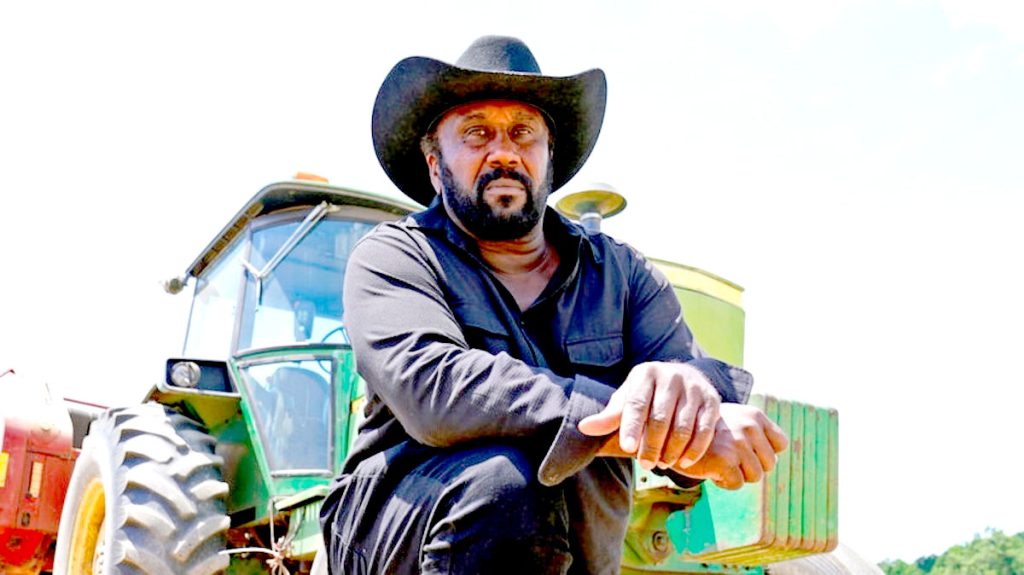SPEAKIN’ OUT NEWS
Over 10,000 residents of Alabama have received direct payments totaling millions of dollars as part of an initiative by the Biden administration aimed at compensating Black and other minority farmers who were historically discriminated against by the U.S. Department of Agriculture (USDA).
On Wednesday, President Joe Biden unveiled over $2 billion in funding for this initiative. The largest share of payments has been directed to farmers in Mississippi and Alabama, with Alabama receiving assistance for 10,907 individuals, according to the USDA. Of these, 6,494 are active farmers, and 4,413 are individuals who had plans to start a farm or ranch but were unable to due to lack of access to USDA loans.
Alabama ranks second in the number of recipients, following Mississippi, where 13,283 individuals benefited from the program. Nationwide, over 23,000 farmers received payments ranging from $10,000 to $500,000, while another 20,000 individuals, who had intended to start farming but couldn’t secure USDA loans, were provided with payments between $3,500 and $6,000.
Tom Vilsack, Secretary of Agriculture, emphasized that while the aid is not intended as compensation for past wrongs, it serves as an acknowledgment of the longstanding discrimination faced by minority farmers. The USDA has a well-documented history of denying loans to Black farmers, offering smaller loan amounts than to white farmers, and, in some cases, hastily foreclosing on loans for Black farmers facing financial difficulties.
John Boyd Jr., president of the National Black Farmer Association, welcomed the aid but expressed that it falls short of what is needed. “It’s like putting a bandage on somebody that needs open-heart surgery,” Boyd remarked. “We want our land, and I want to be very, very clear about that.”
Boyd is currently engaged in a legal battle seeking 120% debt relief for Black farmers, a measure initially approved by Congress in 2021 as part of the $1.9 trillion COVID-19 relief package. However, the funds were never disbursed, as lawsuits filed by white farmers challenging the program’s exclusion of them led to a court injunction. In response to the potential delays caused by the lawsuits, Congress revised the law, reallocating $3.1 billion to assist farmers with USDA-backed loans and $2.2 billion to compensate those discriminated against by the agency.
Wardell Carter, a Black farmer, shared the painful legacy of his family’s experience with USDA discrimination. His family has owned land in Mississippi since 1939, but they were never granted access to a loan application. USDA loan officers would reportedly refuse to work with them, and in some instances, would involve the police when they persisted in seeking assistance. Without loans, Carter’s family relied on a horse and mule instead of a tractor, which limited their farming capacity to only 40 acres of their 85-acre land, reducing their profits. When they finally obtained a bank loan for a tractor, they were charged a staggering 100% interest rate.
At age 65, Carter said he’s too old to farm his land. However, he expressed that if he receives money through the USDA program, he will use it to get his property in shape so that his nephew can begin farming it again. Carter also shared that he and his family plan to pitch in to buy his nephew a tractor to help him get started.
Boyd recalled personal experiences of racial discrimination, such as having his loan applications discarded and being verbally abused by USDA officials. “We face blatant, in-your-face, real discrimination,” Boyd said, recounting a disturbing incident where a county loan officer spat tobacco juice at him during a loan meeting.
This initiative is part of an ongoing effort to address the systemic racism within the USDA and ensure that minority farmers receive fair treatment and support. However, advocates like Boyd and Carter continue to push for greater justice and restitution for past wrongs.










